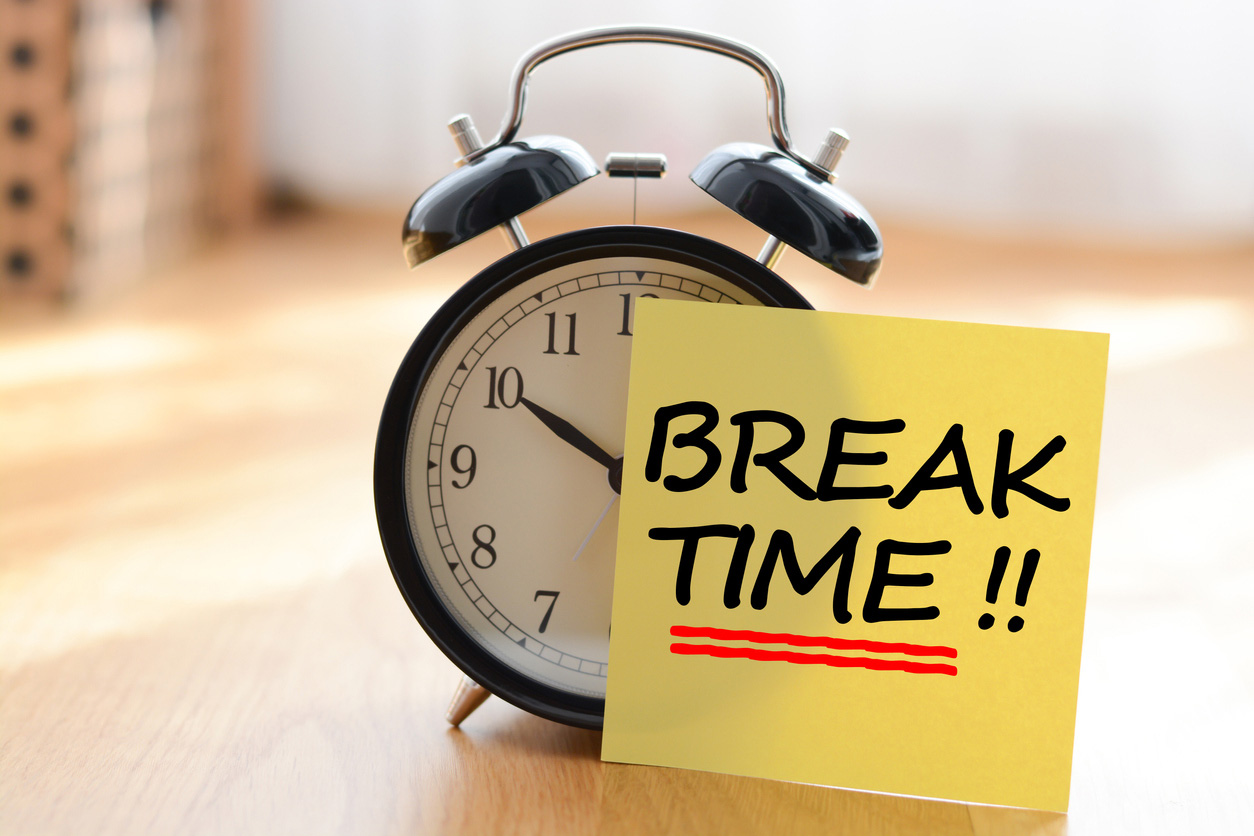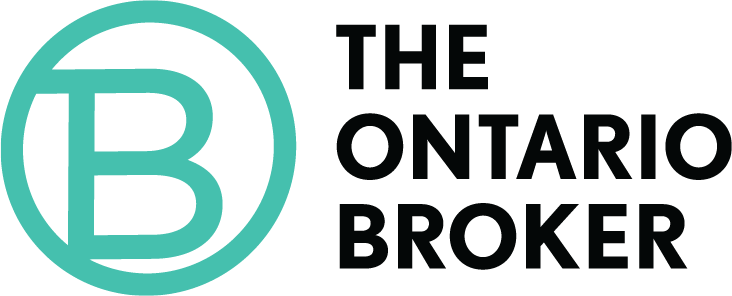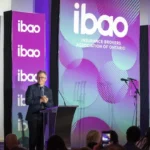
There are so many techniques, apps and systems purported to turn us into our most efficient selves. If you’ve found one that works for you, that’s great. But most of them won’t work for most people.
To-do lists are definitely better than not having a system in place, but people need to individually discover which tools can tangibly improve their particular performance. There’s a productivity hack for everyone, but it’s not related to the work you do. In fact, it’s just the opposite.
Take your breaks. For real.
The 40-hour work week was popularized by Henry Ford and was later adopted into law. But he didn’t arrive at this policy because he was a good person, (he wasn’t). Through research he found that going beyond that amount lead to diminishing returns, effectively getting less output for the same hourly wage he was paying them.
When you have a huge pile of work you’re trying to get through, it may be tempting to scarf a 7-11 hoagie at your desk so you can work through lunch. However, this is not as prudent as it seems and not just because you’re probably getting food scraps in your keyboard. By that point, you’ve already put in a half day’s work and by not taking a proper lunch break, your afternoon productivity will be negatively impacted. Your lunch break and your afternoon offer another five hours, but working five hours at 80% capacity is the same as working four hours at 100%, so you might as well take your lunch break, refresh, and get the same amount of work done without it feeling so arduous.
Wearing yourself down one day doesn’t just cost you that specific day, it can affect the next day too. Working exhausted one day will affect the day after that. And so on. You’re essentially borrowing energy from tomorrow to accomplish something today. But our schedules are all busy enough that we’re never adequately resting to pay back that borrowed energy. This is the cycle that inevitably leads to burnout.
Those lunch breaks might seem like a useful time to sneak in a quick errand, like dropping off dry cleaning, but this isn’t effective rest either. Instead of your employer, you’re just working for someone else—you. View your break as the time dedicated to recharging your internal battery and wall it off from anything that might deplete that resource rather than replenishing it. Eat your lunch. Avoid sitting on your phone the whole time. Go for a walk. Read a book—the trashier the better. Shut your eyes for five minutes. Buy a nice coffee.
Counter-intuitive as it may seem, getting your mind off work is what creates the space necessary for new ideas. When your mind’s at rest, it has a chance to mull over everything you’ve been thinking about, which sometimes leads to novel new connections. This is the reason behind the phenomenon of shower thoughts. Working straight through breaks deprives your mind the space it needs to think about more than one thing at a time.
By respecting the boundaries of your breaks, you’ll find that you’re not sacrificing the amount of work you can accomplish. Proper breaks facilitate quality work. You’ll finish the day feeling less drained and better equipped to do it again tomorrow. You might even come up with new ways to do it better.



